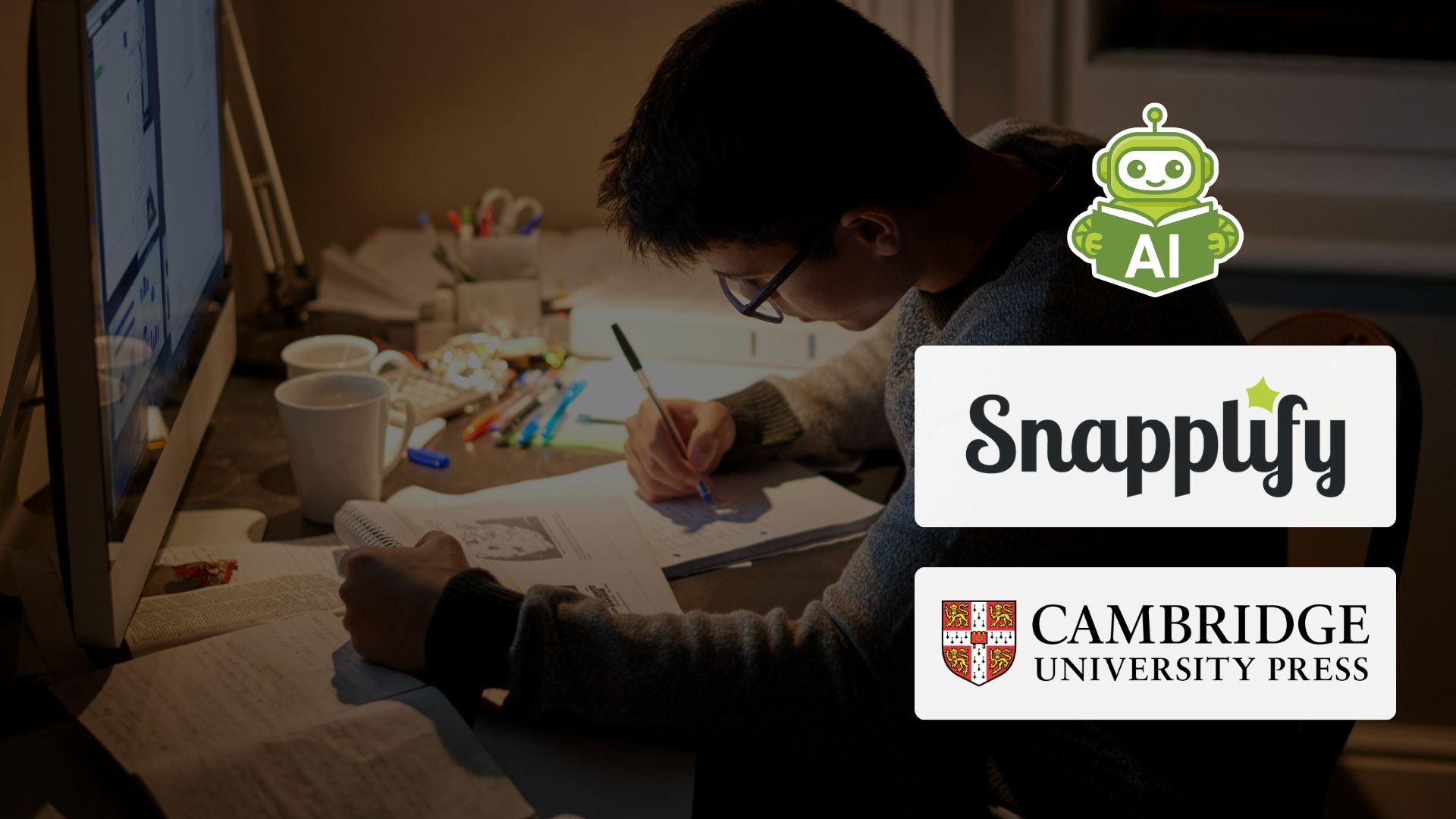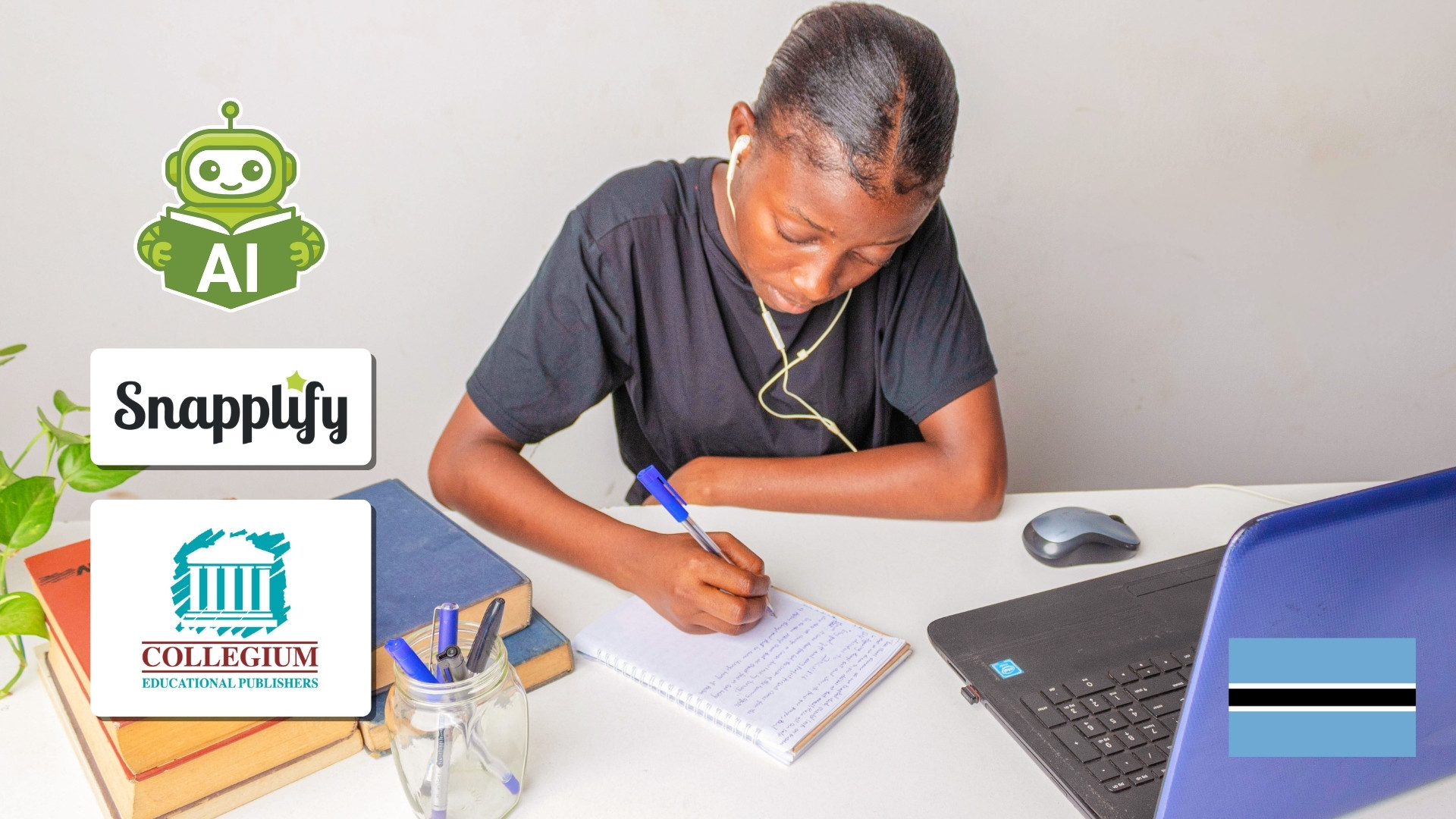E-learning can play an important role in solving the continent’s STEM skills shortage, says Snapplify’s Higher Education Account Manager Penny de la Plain
The Fourth Industrial revolution is here, and with it, we’re seeing massive shifts in labour markets. While it is estimated that 5 million jobs will be lost by 2020 (across 15 major developed and emerging economies), there are thankfully, new jobs to be fulfilled too. Knowing that 80% of these future jobs will call for STEM (science, technology, engineering, mathematics) skills, many governments have begun to address their countries’ lack of talent in these areas, just as businesses have been focusing on re-skilling employees in the face of a rapidly changing job market.
Ultimately, Africa’s economic growth hinges on the success of a well-equipped 21st-century workforce, and this, in turn, means investing in our youth, preparing them for an increasingly technologically advanced world.
Of course, e-learning itself is a fantastic way for students to familiarise themselves with essential digital skills. But more than this, in my work at Snapplify, I’ve seen first-hand how an e-learning platform like Snapplify Engage can work to support skills development and boost pass rates, especially in the STEM subjects.
Accessing content
Included as part of Snapplify Engage is Library – a fully functional digital library for institutions. The Library comes with thousands of free ebooks, as well as the option to supplement the institution’s offering to students with e-textbooks and other resources from leading local and international publishers.
Two such publishers, signed with Snapplify, are Wiley and Cengage – both well-known, trusted and respected for their world-class content, particularly in the areas of science, health sciences and technology. To master STEM subjects and successfully complete their courses, students need an immense wealth of knowledge at their fingertips. The prescribed textbook, though essential, is not enough – students also need access to additional material. Snapplify Library facilitates this access, allowing students to check out a top-quality catalogue of diverse books, written by some of the world’s best minds.
Ensuring collaboration and consistency
Institutions aiming to provide students with excellent education in the STEM subjects (and indeed, other focus areas too) also need to recognise the importance of collaborative learning in improving results and developing critical thinking and problem-solving skills.
Snapplify Engage allows educators to upload and share multimedia resources with students, as well as add additional notes to ebooks. Not only does this make learning more interactive and memorable, but lecturers are also given the opportunity to offer a consistent learning experience across classes. For students who are not able to attend every lecture, or for those in different classes (perhaps even with different lecturers or tutors), these features can ensure that every student has access to the same quality education.
Inspiring confidence
For a student coming out of high school, the adjustment to a tertiary institution can be a big one. The environment, the educational approach, and the content itself are all different. It is no wonder that a student, sitting in a class of 100 people, may feel nervous putting up their hand to ask a question.
Alarmingly, while there continues to be a shortage of STEM skills, pass rates for these essential subjects are also falling. Solving this problem, then, is not simply about upping enrolments, but about increasing the number of students who actually pass and go on to qualify in these areas. Because STEM subjects are highly technical and fact-based, it is difficult to pick up on whether certain students are falling behind – until the mid-year or end-of-year exams. By this point, it has become incredibly difficult for educators to help students who’ve missed the foundation of the course in the earlier months of the year.
Using Snapplify Insights, a powerful analytical tool, lecturers and tutors can see if students have opened their textbooks, as well as which material is being used more (or less). Key data such as this can be used to analyse whether the content was helpful, whether the prescribed books increased pass rates, and importantly, which students may still need additional interventions.
Ultimately, Snapplify Engage gives tertiary institutions an easy way to adopt and implement essential 21st-century learning techniques that improve outcomes. The platform also allows educators to equip students with key skills and knowledge for the future work environment. As STEM skills become increasingly important to Africa’s economic growth, institutions and educators must be on the lookout for ways to improve learning in these areas, and, I believe, digital education solutions should form a key part of these strategies.
Email education@snapplify.com to chat about your specific needs and how we can work together.We believe that digital learning is the future. Keep up to date with what we’re doing in education by signing up to our South African or Kenyan mailing lists.



